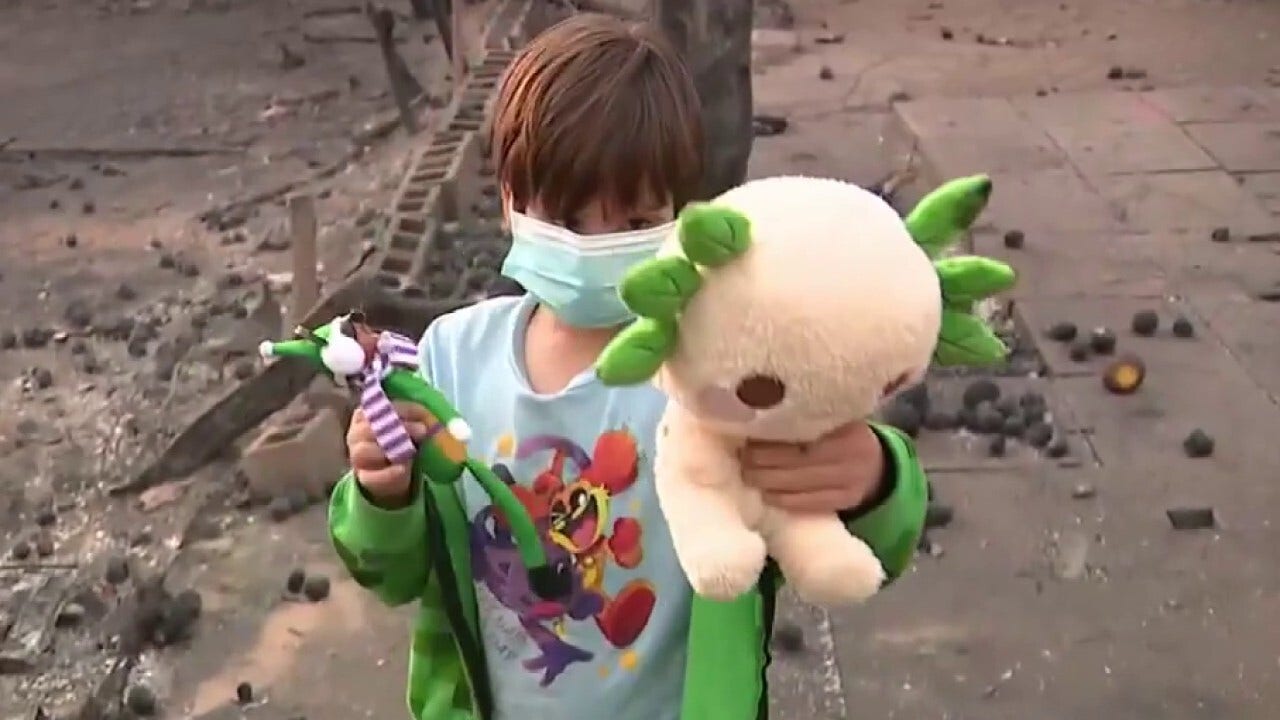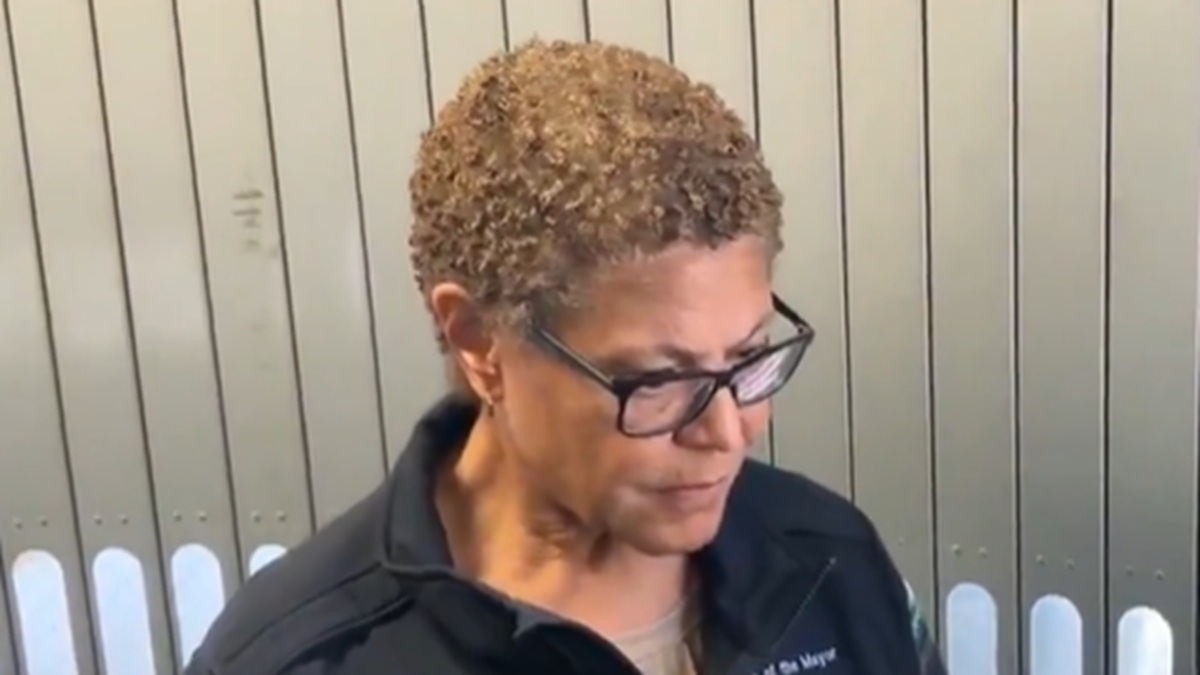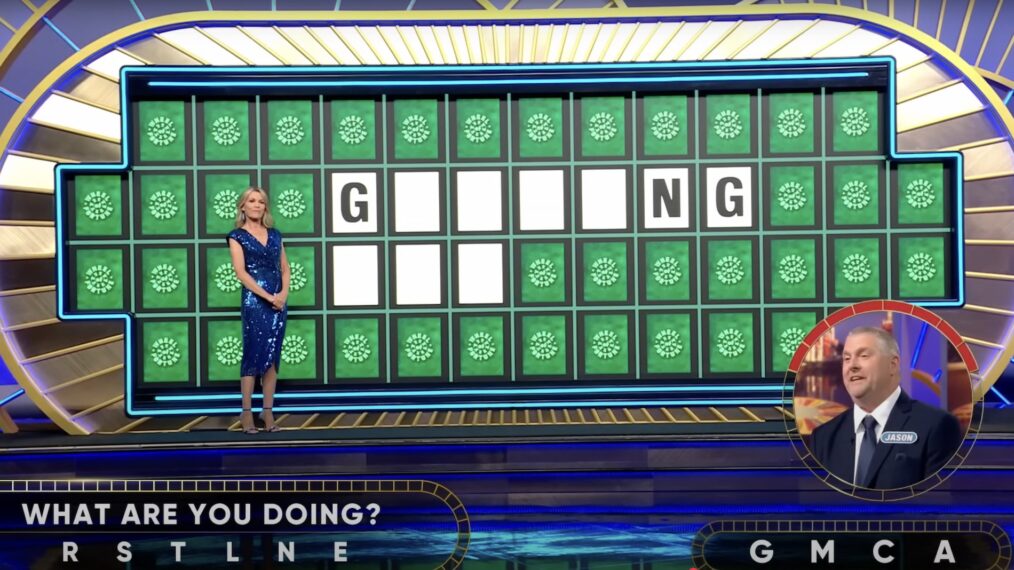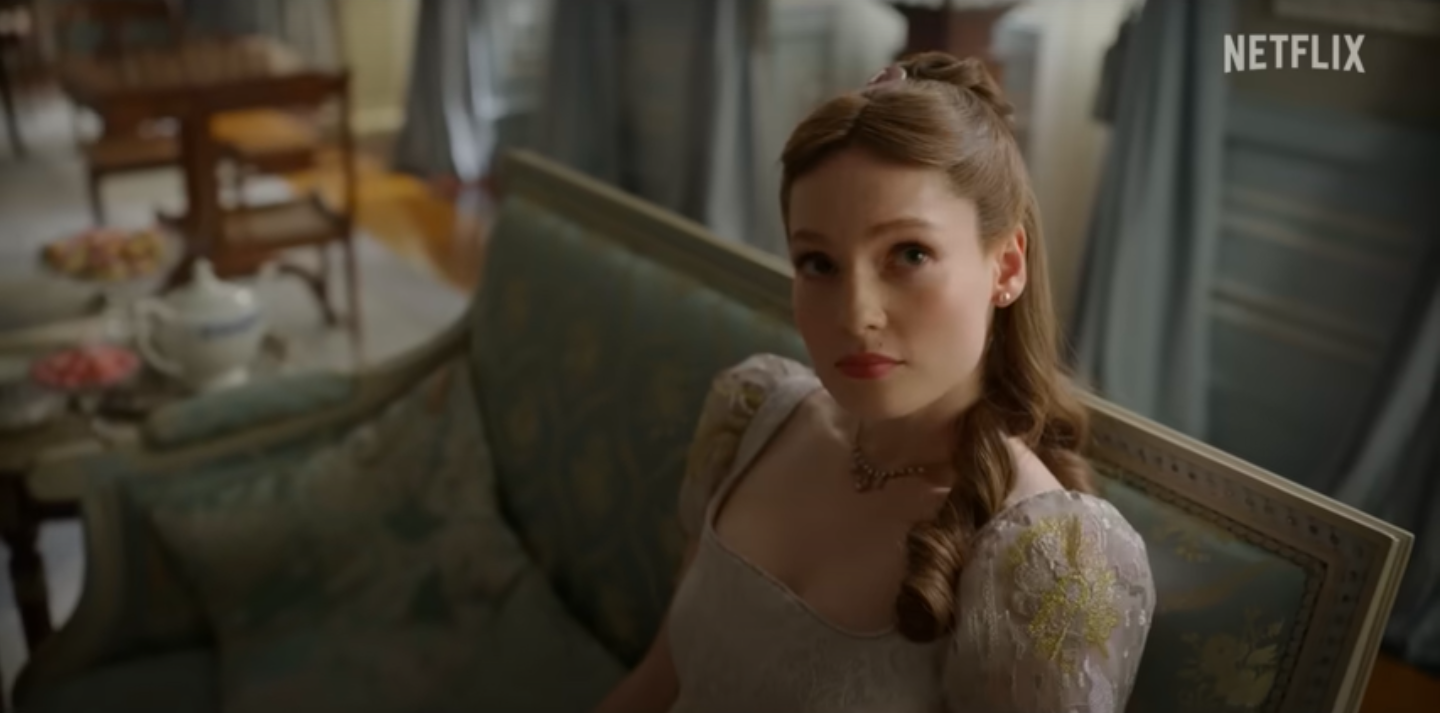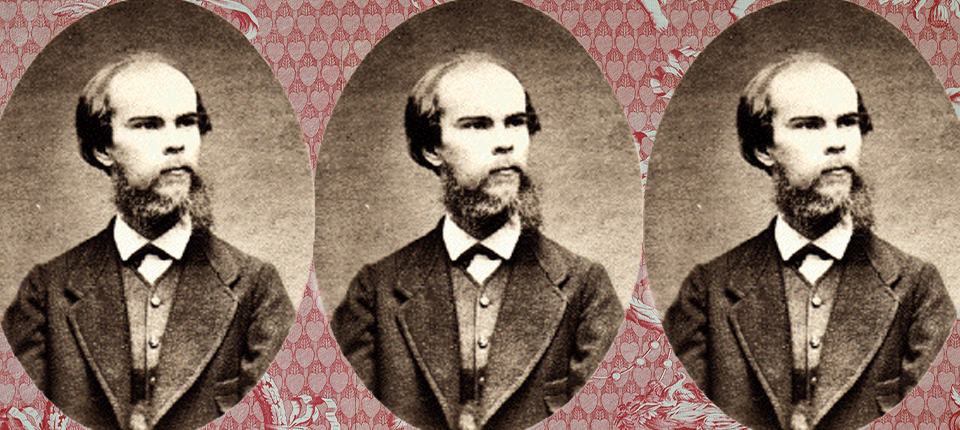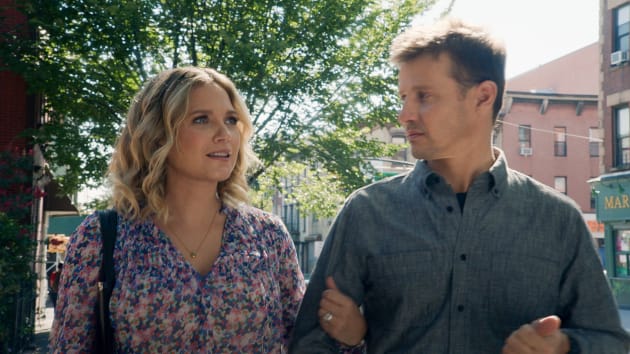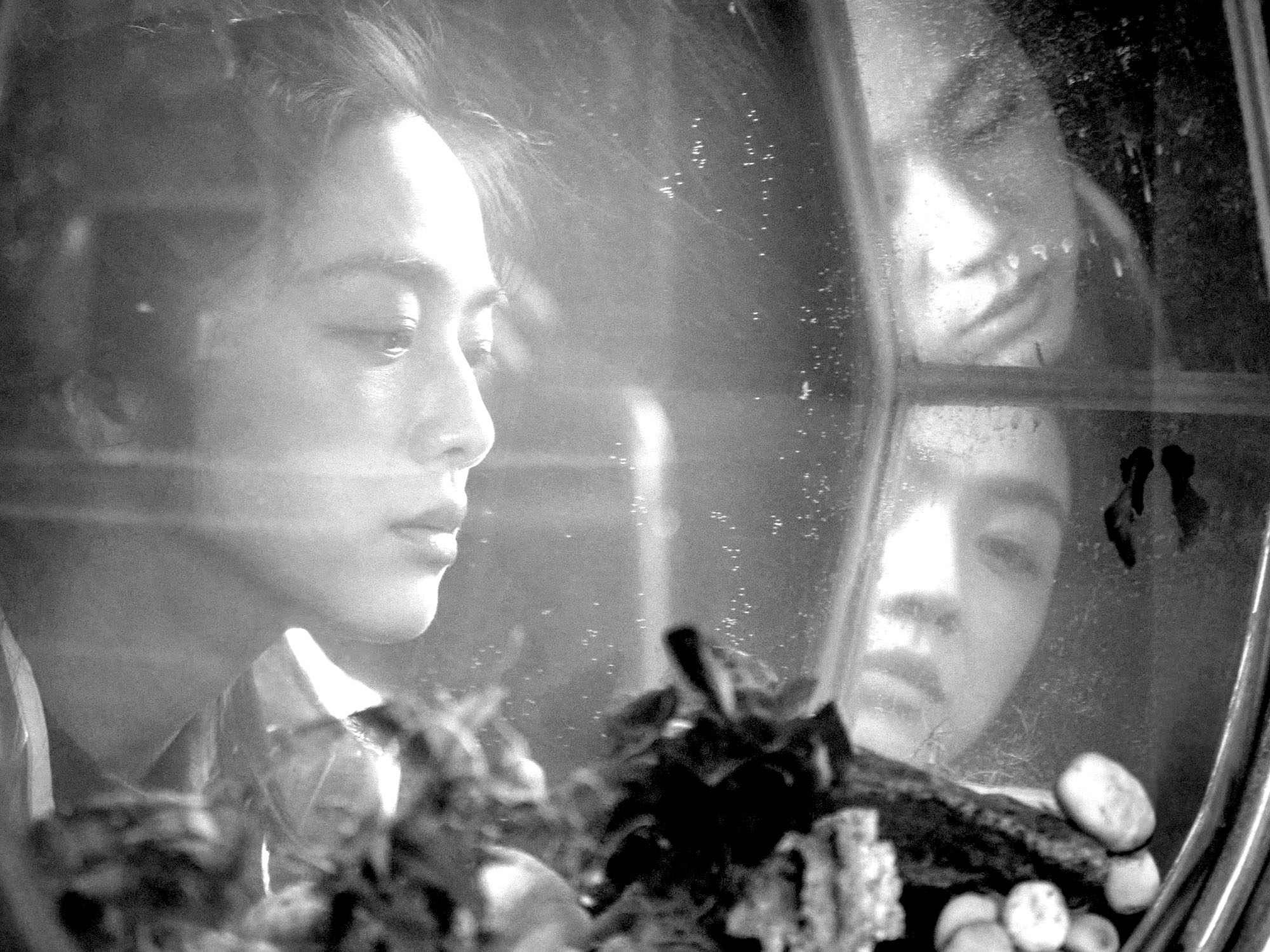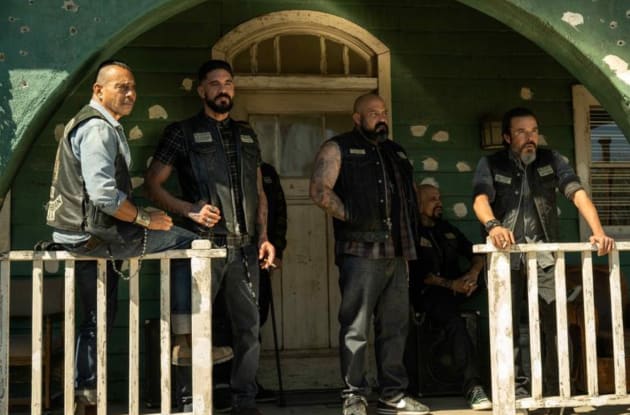Since I was a child, I’ve been captivated by stories of the paranormal. Growing up in an environment rife with real-world terrors, I commiserated with the haunted, longed for the transformative power of magic, and read books on the occult as if they were maps leading to hidden doors of unseen realms.
Not much has changed. Riding the liminal boundary between the material world and the unseen realms, my debut novel, The Strange Inheritance of Leah Fern, explores these semi-permeable boundaries as it zooms in on the plight of an extreme empath and a relationship between two women, one living and one dead, that changes everything.
When Leah Fern, once billed as the Blazing Calyx Carnival’s “Youngest and Very Best Fortuneteller in the World,” is abandoned by her magician mother at the age of six, she spends the next fifteen years waiting in vain for her return. A small-town outcast who takes solace in unusual visitations, she plans to end her life on her 21st birthday. But her plans are upended upon news that her reclusive neighbor, Essie East, has died with a secret: she knew Leah’s mother. And she’ll tell Leah what she knows, if Leah is willing to collect a series of letters, left via general delivery in post offices spanning the U.S. and Canada, and scatter Essie’s ashes along the way.
The following books are filled with ghosts—ghosts of the dead, ghosts of memory, living ghosts, manufactured ghosts—and with haunted characters who live at the cusp between worlds and who shine with grief and hope.
Our Wives Under the Sea by Julia Armfield
This riveting novel, told in alternating chapters by wives Miri and Leah, revolves around a mysterious rupture in the fabric of their lives when Leah, a marine biologist, goes on a three-week submarine exploration and doesn’t resurface for six months. Something has happened in the sea’s dark depths, and we watch this mystery unravel in Leah upon her return. Transforming in a way that at once seems both impossible and inevitable, Leah appears resigned to her condition, while Miri desperately searches for answers. But because the answers are, like water, elusive and shifting, the story becomes, in part, an elegiac tale of letting go.
Written with a deftness and surefootedness that makes page-turning a must, the watery world of this story surges with unassailable truths about marriage, love, and loss. “There’s a point between the sea and the air that is both and also not quite either,” Leah says, and the unique ways Our Wives Under the Sea occupies that space continue to haunt me. I’ll never look at the sea the same way again.
When We Were Birds by Ayanna Lloyd Banwo
“‘You were never the smartest child, but even you should know that when a dead woman offers you a cigarette, the polite thing to do would be to take it. Especially when that dead woman is your mother,’” says Petronella to her daughter Yejide. Their relationship is as strained in death as it was in life, but what’s different is that Yejide has just inherited her mother’s legacy: she has the once-in-a-generation ability to communicate with the dead.
Darwin, whose story unfolds alongside Yejide’s, until their stories meet, has been raised by a devout Rastafarian who has taught him to avoid any dealings with the dead. But when the only work Darwin can find is a job as a gravedigger, his relationship with his mother takes a blow of its own when she sends him away. Enter Fidelis, the cemetery that sprawls through the city of Port Angeles, where a storm of unrest will soon be unleashed as a reckoning rises between the dead and the living and an intoxicating love story takes root and grows wings. With a lyricism and mastery that enchants with breathtaking (I literally gasped more than once) imagery and compelling characters drawn with exceptional wisdom and compassion, every page of this magical novel dazzles.
Get In Trouble by Kelly Link
Dizzyingly imaginative, woven with humor and heart, this electric collection of short stories is populated by characters who dwell in unforgettable iterations of the uncanny. Mysterious occupants of a summer house have a penchant for constructing magical toys and a talent for telepathy and medicine-making. There are mummies, immortals, human-sized love dolls with ghosts inside them. A woman named Bunnatine has the ability to levitate; an astronaut named Gwenda sleeps for seven years. Some babies are born with two shadows: “If you didn’t bother to cut back the second shadow, then eventually you had twins, one of whom was only slightly realer than the other.”
Oftentimes, people do naughty things that shimmer with an element of surprise, and oftentimes their transgressions are underpinned by a desire so palpable that it could just as easily be the reader’s desire, which makes for an engaging and deliciously unsettling read. Here, where the uncanny becomes the norm—a ubiquitous second shadow—what thrills are the everyday human habits and emotions we all experience, recast. Reading this book, I felt as if I had a secret, I wanted to tell everyone. And… “If you can’t be honest with your best friend’s Vampire Boyfriend, who can you be honest with?”
The Butterfly Lampshade by Aimee Bender
“There’s something in her,” says Elaine to her sister at the start of this pitch-perfect navigation into the vicissitudes of mental illness. “There is a bug in her.” On the brink of a psychotic break that will land her in a long-term psychiatric facility, Elaine is referring to Francie, her eight-year-old daughter, whom she desperately wants to protect even though she doesn’t have the psychological means to do so.
The novel follows Francie after she moves in with her aunt, uncle, and newborn cousin and, years later, takes an unusual approach to time travel, setting up a memory tent on balcony, from which she journeys back to the period around her mother’s hospitalization. As she seeks to understand a series of unexplainable events revolving around a collection of two-dimensional objects that have somehow escaped their two-dimensional worlds, the common denominator between these objects is Francie, who appears to have a mysterious but unquestionable reach into another realm. Written in prose so lush and evocative that I found myself rereading whole paragraphs solely for the pleasure of it, this novel is a meditation on the magic that can bloom from trauma.
The Forgetting Time by Sharon Guskin
This fascinating and suspenseful novel—inspired by the real-life work of two doctors’ research into past life memory—revolves around the first sentence Noah, now four, ever spoke: “I want to go home.” He’s repeated those words so many times since then that his mother Janie doesn’t think much of it anymore. Until Noah’s insistence—coupled with his knowledge of things that seem impossible for him to know—leads her to past-live researcher Dr. Anderson, a man staring down the future dark tunnel of his own memory, following a recent and devastating medical diagnosis.
As they begin working together, Noah reveals more details about who he was before, where he lived, and how he died. What will happen when he, Noah, and Janie, knock on the door of the woman Noah claims was his mama before? Dr. Anderson suspects the answer will complete his life’s work, but will he be able to see it through before he loses the ability to follow it? These questions—along with some of the biggest questions of all: what happens after we die? In what ways are we all inextricably connected?—drive this book into rich and dynamic territory, where loss and grief pulse alongside hope and love.
Nothing to See Here by Kevin Wilson
Lillian and Madison, once boarding school roommates, haven’t seen each other in over a decade. Madison lives on an estate with her senator husband and a son “whom she dressed in nautical suits and who looked like an expensive teddy bear that had turned human.” Lillian works two cashier jobs and lives in her mother’s attic. But when Madison invites Lillian to move to their estate and be the nanny for her twin stepkids, Bessie and Roland, who have the peculiar ability/liability to spontaneously combust when upset, Lillian’s life—and heart—is about to change in profound and unexpected ways.
Strangers thrust together every minute of the day in a separate guest house on the estate, Lillian and the children must grapple with the dark strands of their pasts, which share similar echoes, and the sudden intimacies of their new circumstances as their stories interweave in a stunning testimony to the heart’s capacity to heal and to love. A tender, uproarious, keenly observant page-turner of a ride, this novel’s unique take on found family is unforgettable—I didn’t want it to end.
Mr. Splitfoot by Samantha Hunt
When Cora, eleven, meets her aunt Ruth for the first time—“hair glistening like it had been oiled with star shine, looking like she could box down a mountain”—along with Ruth’s charming friend, Nat, who has a talent for talking to dead people, Cora is instantly infatuated with them both. But when Ruth returns 14 years later—“No Nat. No beauty. No power. No shine. Skinny as death and even older”—Ruth no longer speaks, though she is able to convey that she wants Cora to follow her out into the night. What ensues is a haunted (and haunting) journey like no other, told in exquisitely written chapters that alternate between Ruth and Cora’s mysterious trek through the wilds of upstate New York and Ruth’s young life, growing up with Nat in The Love of Christ! Foster Home, Farm, and Mission, where she first crosses paths with Mr. Bell, a conman who, like Ruth, is more than he seems. The ways their lives intertwine across years and miles in this gothic tale that writhes with zealotry, greed, and the grotesque—but that glistens with unexpected galaxies of love—builds to a crescendo that broke my heart and rearranged my mind in the best possible ways.

